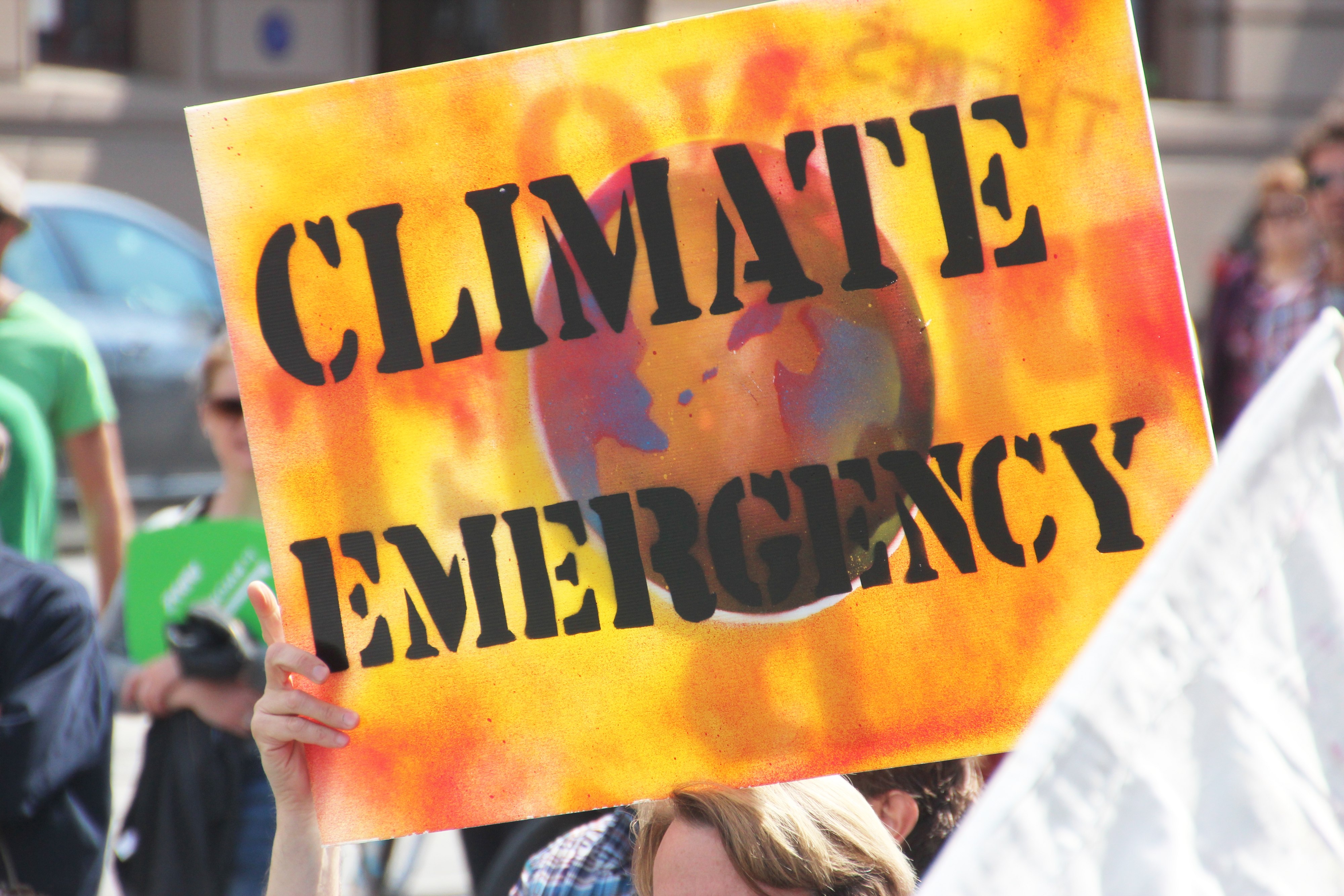“Climate change was once a bipartisan issue,” according to Senator Sheldon Whitehouse (D-RI) in an email interview with BPR. In the 2000s, senators on both sides of the aisle sponsored cap-and-trade bills, vocally emphasizing the importance of reducing our greenhouse gas emissions, and working on what no one could claim to be a partisan issue: climate change. But in 2010, something changed: Senators who once supported green reforms refused to even discuss climate change on the floor of the Senate, and some began denying its existence altogether. Yet, during that time, there were no revelatory scientific studies disproving climate change or the impact of human behavior on the environment. Instead, something much more influential happened: In 2010, the Supreme Court ruled on Citizens United v. Federal Election Commission and — among many other things — changed the way the country talked (or rather, didn’t talk) about climate change.
The Citizens United ruling opened the floodgates for special interests and lobbyists looking to dominate American politics. It discarded the ban on corporations and unions making independent expenditures and financing electioneering communications, giving them the green light to spend as much as they want to convince citizens to vote for or against any candidate.
The colossal financial influence of the super-wealthy has given groups like fossil fuel companies the ability to indicate to some congressmen the types of climate change legislation they should and shouldn’t be supporting if they want their support. The financial sway of the oil industry is inescapable: In 2011-2012 alone, fossil fuel companies gave more than $300 million in campaign finance contributions (contributions which were acceptable only after the Citizens United ruling) and lobbying efforts. Their expenditures proved successful, with fossil fuel industries receiving $33 billion in federal subsidies in those same two years.
In a similar vein, the Koch brothers have been key players in this campaign against climate change. Since 1997, they’ve spent $61.3 million to support organizations that oppose climate science and environmental legislation addressing climate change, even going so far as to subsidize scientists’ research. Their strategies are highly effective, riddling public discourse on the subject with misinformation and skewed scientific data. None of these strategies are new to politics, as corporations have been using their financial influence to buy scientific opinion since the 1960s, but ever since the Court ruled “no holds barred” and gave corporations and unions the go-ahead on unlimited political spending, corporate and union power over legislators has grown dramatically.
Senator Whitehouse wrote to BPR about the goals of the Koch brothers in their campaign spending: “Their message was best summed up by Tim Phillips, president of the Koch-funded Americans for Prosperity. In a 2014 interview, he said that any Republicans who support pro-climate policies ‘would be at a severe disadvantage.’ Coming from the head of a group whose financial backers have pledged to spend $750 million leading up to the 2016 elections, that’s a serious threat. The results have been sadly predictable: whereas there was a steady heartbeat of Republican action on climate change before Citizens United, their activity has virtually flatlined ever since.” Senator Whitehouse’s description is sadly accurate: in 2011, the year following the Citizens United ruling, Congress introduced half as many bills about climate change as they had in the year before.
The guarantee of political consequences for action on climate change, courtesy of the Koch brothers, is a sure incentive for Republicans in Congress to resist taking action. Barring a reversal of Citizens United, it is difficult to imagine that any outside factor would be compelling enough to change their minds, and their votes. Senator Whitehouse offered a slightly more optimistic view of the situation: “In poll after poll, we have seen that Americans understand that climate change is real, and they want Congress to do something about it. A majority of Republican voters believe in climate change and that humans contribute to it. I believe that the American people are ready to embrace a bipartisan debate on how to address climate change only if Republicans in Congress will get serious. That pressure will eventually overcome the political pressure of the fossil fuel industry.” Unfortunately, with an issue like climate change, time is of the essence. By the time enough political pressure from voters accrues to overpower the money from fossil fuel lobbies, it might be too late.
Any substantial legislative reform on climate change is going to be met with opposition, be it from senators of coal mining states who don’t want their economies threatened or Midwestern, ethanol-producing states who want their farmers to continue receiving subsidies. Environmental policy has unavoidable repercussions, and those are worth considering: arguments that, right now, aren’t voiced. Reversing Citizens United wouldn’t automatically lead to sweeping environmental policy, but it would at least re-open an honest debate on the subject. We owe it to ourselves and to our planet to remember which kind of ‘green power’ we should really be prioritizing.
